Tecate Group offers a broad selection of ultracapacitor cells that are suitable for applications requiring high-performance, highly reliable, long-life energy-storage solutions. Our ultracapacitor product lineup includes cells rated at 2.5V, 2.7V, or 3V in a variety of sizes and capacitances. Tecate Group has been a supplier of ultracapacitor cells for more than 20 years, making us one of the most experienced ultracapacitor suppliers in the market today. Please review the detailed product information below and contact us with any questions. If you are looking for ultracapacitor modules, visit our Modules page.
| Image | Buy Product | Part Number | Datasheet | Rated V | Nom. Cap. (F) | ESR DC (mΩ) | ESR AC (mΩ) |
Leakage Current (µA) |
Dimensions (mm) | Rated | Weight/Unit (lbs) | ||||||
|---|---|---|---|---|---|---|---|---|---|---|---|---|---|---|---|---|---|
| (1 KHz) | (72 hrs @ 25C) | D | L | d | LS | W | D1 | D2 | Current (A) | ||||||||
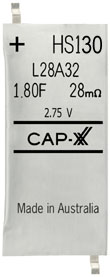 |
Buy Product | HS130F | Datasheet | 2.75 | 2.4 | - | - | - | - | 39 | - | - | 17 | - | - | - | - |
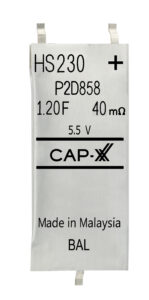 |
Buy Product | HS230G | Datasheet | 5.5 | 1.2 | - | - | - | - | 39 | - | - | 17 | - | - | - | - |
 |
Buy Product | HS230F | Datasheet | 5.5 | 1.2 | - | - | - | - | 39 | - | - | 17 | - | - | - | - |
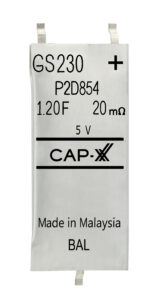 |
Buy Product | GS230G | Datasheet | 5 | 1.2 | - | - | - | - | 39.002 | - | - | 17.002 | - | - | - | - |
 |
Buy Product | GS230F | Datasheet | 5 | 1.2 | - | - | - | - | 39.001 | - | - | 17.001 | - | - | - | - |
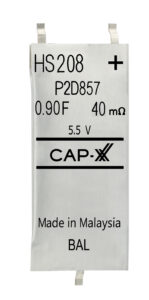 |
Buy Product | HS208F | Datasheet | 5.5 | 0.9 | - | - | - | - | 39 | - | - | 17 | - | - | - | - |
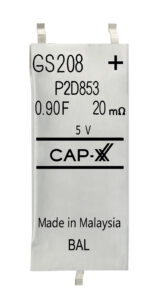 |
Buy Product | GS208F | Datasheet | 5 | 0.9 | - | - | - | - | 39 | - | - | 17 | - | - | - | - |
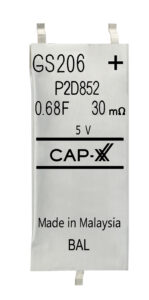 |
Buy Product | GS206F | Datasheet | 5 | 0.68 | - | - | - | - | 39 | - | - | 17 | - | - | - | - |
 |
Buy Product | HA230F | Datasheet | 5.5 | 0.4 | - | - | - | - | - | - | - | - | - | - | - | - |
 |
Buy Product | GA230F | Datasheet | 5 | 0.4 | - | - | - | - | 20 | - | - | 18 | - | - | - | - |
 |
Buy Product | GW201F | Datasheet | 5 | 0.4 | - | - | - | - | 28.5 | - | - | 17 | - | - | - | - |
 |
Buy Product | HW203F | Datasheet | 5.5 | 0.5 | - | - | - | - | 28.5 | - | - | 17 | - | - | - | - |
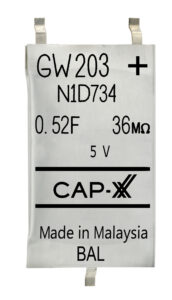 |
Buy Product | GW203F | Datasheet | 5 | 0.52 | - | - | - | - | 28.5 | - | - | 17 | - | - | - | - |
 |
Buy Product | HS206F | Datasheet | 5.5 | 0.65 | - | - | - | - | 39 | - | - | 17 | - | - | - | - |
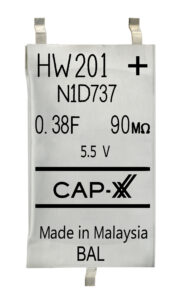 |
Buy Product | HW201F | Datasheet | 5.5 | 0.38 | - | - | - | - | 28.5 | - | - | 17 | - | - | - | - |
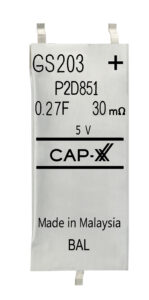 |
Buy Product | GS203F | Datasheet | 5 | 0.27 | - | - | - | - | 39 | - | - | 17 | - | - | - | - |
 |
Buy Product | HS203F | Datasheet | 5.5 | 0.25 | - | - | - | - | 39 | - | - | 17 | - | - | - | - |
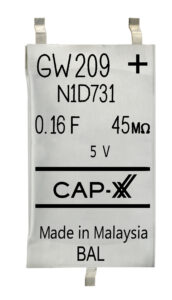 |
Buy Product | GW209F | Datasheet | 5 | 0.16 | - | - | - | - | 28.5 | - | - | 17 | - | - | - | - |
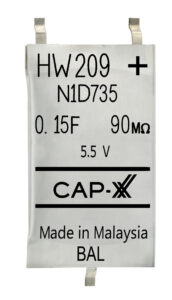 |
Buy Product | HW209F | Datasheet | 5.5 | 0.15 | - | - | - | - | 28.5 | - | - | 17 | - | - | - | - |
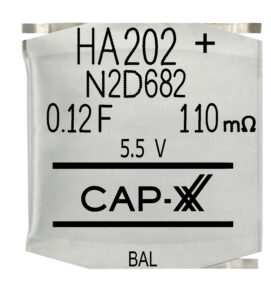 |
Buy Product | HA202F | Datasheet | 5.5 | 0.12 | - | - | - | - | 20 | - | - | 18 | - | - | - | - |
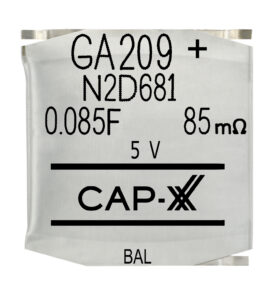 |
Buy Product | GA209F | Datasheet | 5 | 0.085 | - | - | - | - | 20 | - | - | 18 | - | - | - | - |
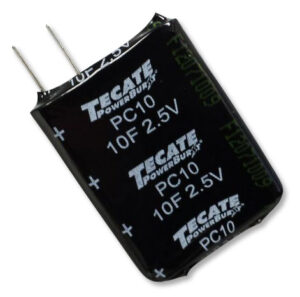 |
Buy Product | PC10 | Datasheet | 2.5 | 10 | 180 | 130 | 40 | - | 29.6 | 0.5 | 5.1 | 23.6 | - | - | 6.2 | 6.3 |
 |
Buy Product | PC5 | Datasheet | 2.5 | 4 | 500 | 362 | 20 | - | 14 | 0.5 | 5.1 | 23.6 | - | - | 2.5 | 4.0 |
 |
Buy Product | TPLH-3R0/3000SL60X138 | Datasheet | 3 | 3000 | 0.16 | 0.16 | 5 | - | 138 | - | - | - | 60 | 60.7 | 2200 | 1.23 |
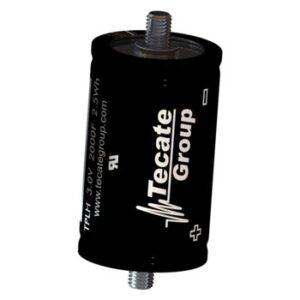 |
Buy Product | TPLH-3R0/2000SL60X102 | Datasheet | 3 | 2000 | 0.23 | 0.21 | 4 | - | 102 | - | - | - | 60 | 60.7 | 1500 | 0.947 |
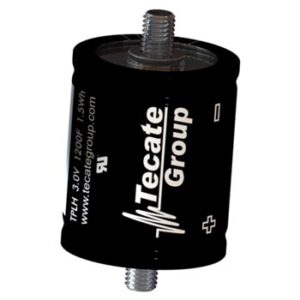 |
Buy Product | TPLH-3R0/1500SL60X85 | Datasheet | 3 | 1500 | 0.25 | 0.25 | 4 | - | 85 | - | - | - | 60 | 60.7 | 1300 | 0.815 |
 |
Buy Product | TPLH-3R0/1200SL60X74 | Datasheet | 3 | 1200 | 0.3 | 0.25 | 2.7 | - | 74 | - | - | - | 60 | 60.7 | 1060 | 0.727 |
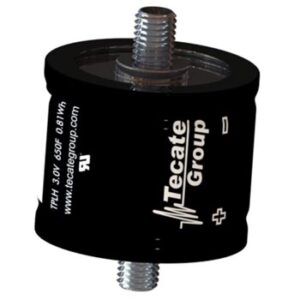 |
Buy Product | TPLH-3R0/650SL60X51 | Datasheet | 3 | 650 | 0.53 | 0.35 | 1.5 | - | 51.5 | - | - | - | 60 | 60.7 | 580 | 0.55 |
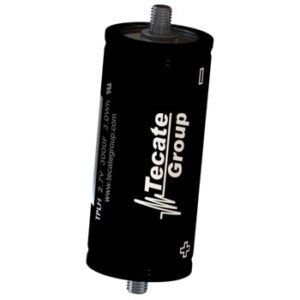 |
Buy Product | TPLH-2R7/3000SL60X138 | Datasheet | 2.7 | 3000 | 0.26 | 0.17 | 5 | - | 138 | - | - | - | 60 | 60.7 | 2150 | 1.23 |
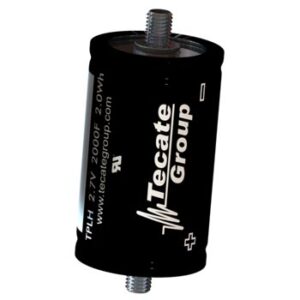 |
Buy Product | TPLH-2R7/2000SL60X102 | Datasheet | 2.7 | 2000 | 0.3 | 0.21 | 4 | - | 102 | - | - | - | 60 | 60.7 | 1450 | 0.947 |
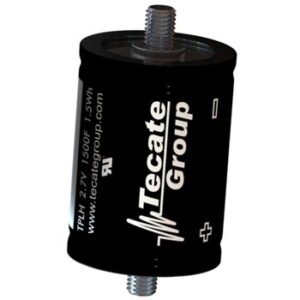 |
Buy Product | TPLH-2R7/1500SL60X85 | Datasheet | 2.7 | 1500 | 0.31 | 0.27 | 3 | - | 85 | - | - | - | 60 | 60.7 | 1080 | 0.815 |
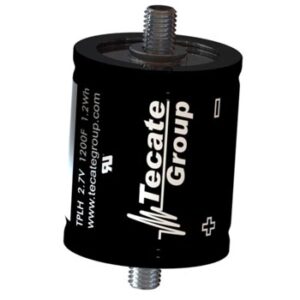 |
Buy Product | TPLH-2R7/1200SL60X74 | Datasheet | 2.7 | 1200 | 0.36 | 0.25 | 2.7 | - | 74 | - | - | - | 60 | 60.7 | 1131 | 0.727 |
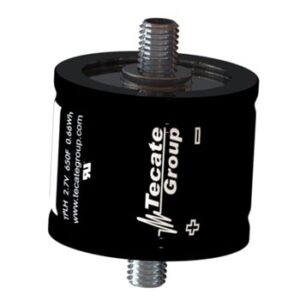 |
Buy Product | TPLH-2R7/650SL60X51 | Datasheet | 2.7 | 650 | 0.6 | 0.35 | 1.5 | - | 51.5 | - | - | - | 60 | 60.7 | 470 | 0.55 |
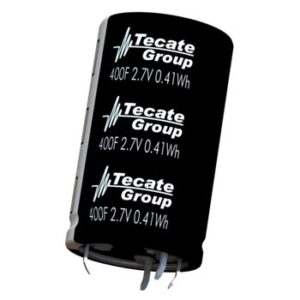 |
Buy Product | TPLS-400/35X60F | Datasheet | 2.7 | 400 | 12 | 5 | 1.2 | 35 | 60 | - | - | - | - | - | 93.1 | 0.075 |
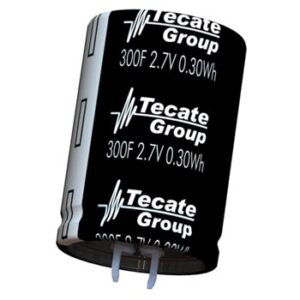 |
Buy Product | TPLS-300/35X50F | Datasheet | 2.7 | 300 | 14 | 8 | 0.8 | 35 | 50 | - | - | - | - | - | 77.88 | 0.05 |
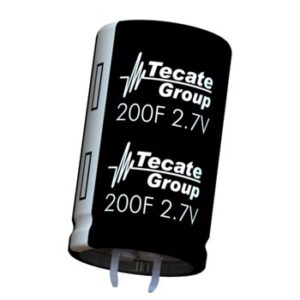 |
Buy Product | TPLS-200/30X50F | Datasheet | 2.7 | 200 | 14 | 8 | 0.6 | 30 | 50 | - | - | - | - | - | 71.05 | 0.05 |
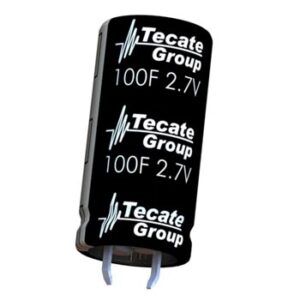 |
Buy Product | TPLS-100/22X45F | Datasheet | 2.7 | 100 | 15 | 9 | 0.26 | 22 | 45 | - | - | - | - | - | 54 | 0.05 |
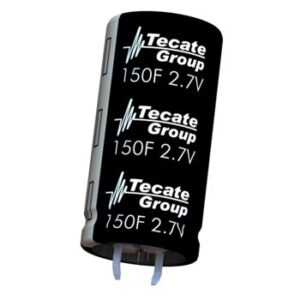 |
Buy Product | TPLS-150/25X50F | Datasheet | 2.7 | 150 | 14 | 8 | 0.5 | 25 | 50 | - | - | - | - | - | 65.32 | 0.05 |
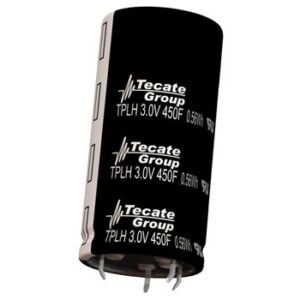 |
Buy Product | TPLH-3R0/450SS35X71 | Datasheet | 3 | 450 | 3.6 | 2.8 | 1 | 35 | 71 | - | - | - | - | - | 287 | 0.194 |
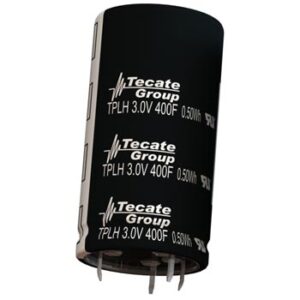 |
Buy Product | TPLH-3R0/400SS35X66 | Datasheet | 3 | 400 | 3.6 | 2.9 | 0.9 | 35 | 66 | - | - | - | - | - | 267 | 0.176 |
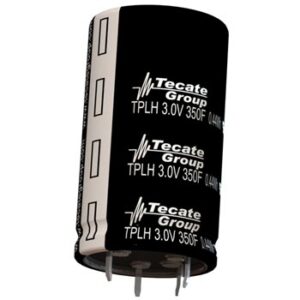 |
Buy Product | TPLH-3R0/350SS35X61 | Datasheet | 3 | 350 | 4 | 3 | 0.8 | 35 | 61 | - | - | - | - | - | 247 | 0.158 |
 |
Buy Product | TPLH-3R0/100SS22X46 | Datasheet | 3 | 100 | 12 | 7 | 0.3 | 22 | 46 | - | - | - | - | - | 79 | 0.05 |
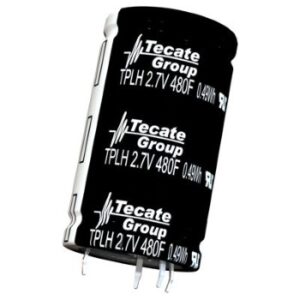 |
Buy Product | TPLH-2R7/480PS35X61 | Datasheet | 2.7 | 480 | 3 | 2.5 | 1.3 | 35 | 61 | - | - | - | - | - | 266 | 0.159 |
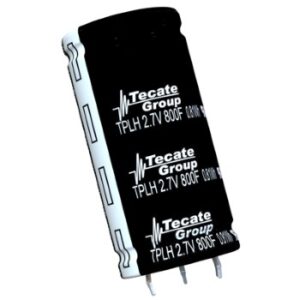 |
Buy Product | TPLH-2R7/800PS35X71 | Datasheet | 2.7 | 800 | 3 | 2.8 | 1.7 | 35 | 71 | - | - | - | - | - | 318 | 0.209 |
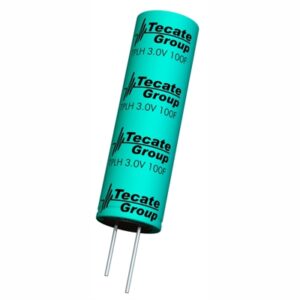 |
Buy Product | TPLH-3R0/100WR18X60 | Datasheet | 3 | 100 | 12 | 10 | 225 | 18 | 60 | 1 | 7.5 | - | - | - | 57.69 | 0.05 |
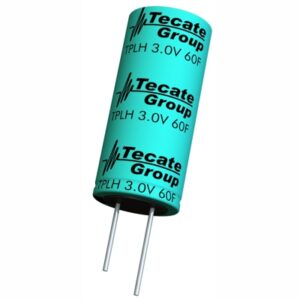 |
Buy Product | TPLH-3R0/60WR18X40 | Datasheet | 3 | 60 | 14 | 12 | 180 | 18 | 40 | 0.8 | 7.5 | - | - | - | 43.27 | 0.05 |
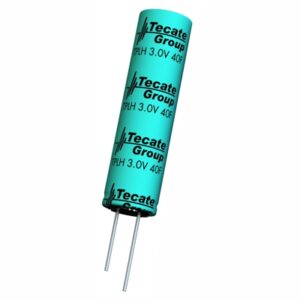 |
Buy Product | TPLH-3R0/40WR12X46 | Datasheet | 3 | 40 | 22 | 16 | 80 | 12.5 | 46.5 | 0.8 | 5.3 | - | - | - | 31.91 | 0.05 |
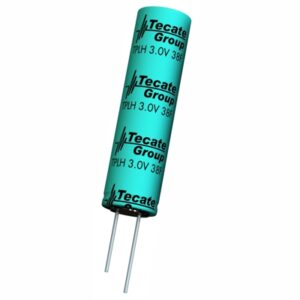 |
Buy Product | TPLH-3R0/38WR12X46 | Datasheet | 3 | 38 | 22 | 16 | 80 | 12.5 | 46.5 | 0.8 | 5.3 | - | - | - | 31.05 | 0.05 |
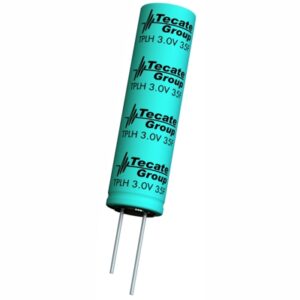 |
Buy Product | TPLH-3R0/35WR12X46 | Datasheet | 3 | 35 | 22 | 16 | 80 | 12.5 | 46.5 | 0.8 | 5.3 | - | - | - | 29.66 | 0.05 |
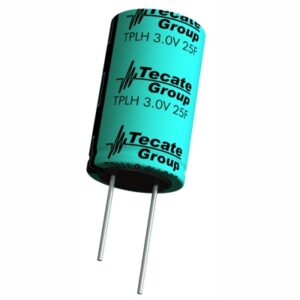 |
Buy Product | TPLH-3R0/25WR16X26 | Datasheet | 3 | 25 | 30 | 25 | 75 | 16 | 26 | 0.8 | 7.5 | - | - | - | 21.43 | 0.05 |
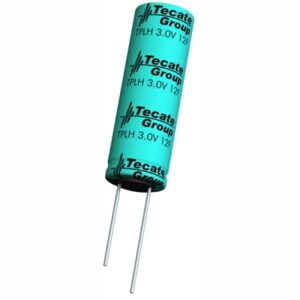 |
Buy Product | TPLH-3R0/12WR10X30 | Datasheet | 3 | 12 | 55 | 40 | 30 | 10 | 30 | 0.6 | 5 | - | - | - | 10.7 | 0.05 |
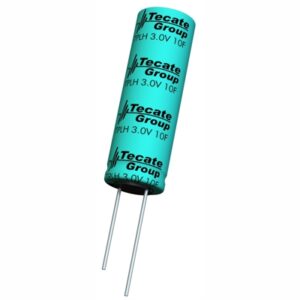 |
Buy Product | TPLH-3R0/10WR10X30 | Datasheet | 3 | 10 | 55 | 40 | 30 | 10 | 30 | 0.6 | 5 | - | - | - | 9 | 0.05 |
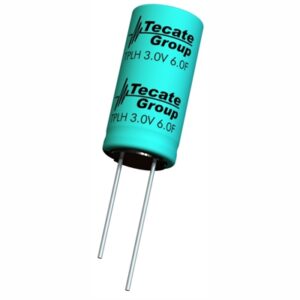 |
Buy Product | TPLH-3R0/6.0WR10X20 | Datasheet | 3 | 6 | 70 | 60 | 15 | 10 | 20 | 0.6 | 5 | - | - | - | 5.4 | 0.05 |
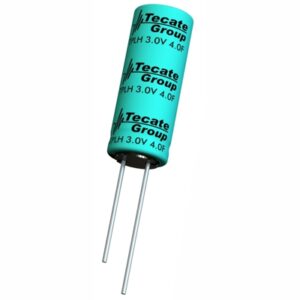 |
Buy Product | TPLH-3R0/4.0WR8X20 | Datasheet | 3 | 4 | 220 | 140 | 15 | 8 | 19 | 0.6 | 3.5 | - | - | - | 3.19 | 0.05 |
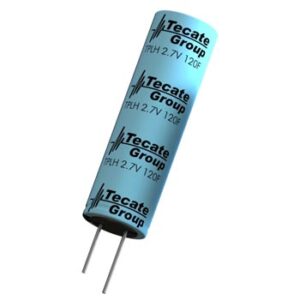 |
Buy Product | TPLH-2R7/120WR18X60 | Datasheet | 2.7 | 120 | 12 | 10 | 415 | 18 | 60 | 1 | 7.5 | - | - | - | 55.48 | 23 |
 |
Buy Product | TPLH-2R7/75WR18X40 | Datasheet | 2.7 | 75 | 16 | 14 | 240 | 18 | 40 | 1 | 7.5 | - | - | - | 40.5 | 0.039 |
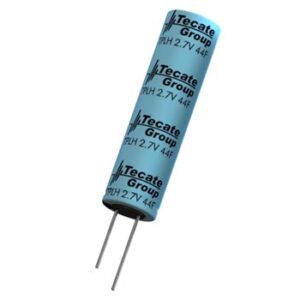 |
Buy Product | TPLH-2R7/44WR12X46 | Datasheet | 2.7 | 44 | 24 | 21 | 170 | 12.5 | 46.5 | 0.8 | 5.3 | - | - | - | 28.29 | 0.021 |
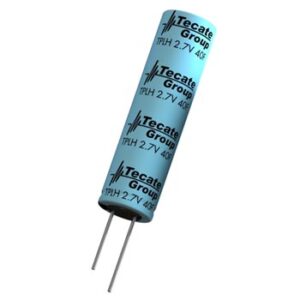 |
Buy Product | TPLH-2R7/40WR12X46 | Datasheet | 2.7 | 40 | 24 | 21 | 170 | 12.5 | 46.5 | 0.8 | 5.3 | - | - | - | 27 | 0.021 |
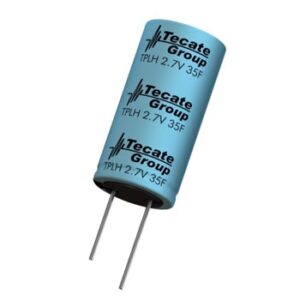 |
Buy Product | TPLH-2R7/35WR16X31 | Datasheet | 2.7 | 35 | 25 | 22 | 162 | 16 | 31.5 | 0.8 | 7.5 | - | - | - | 23.05 | 0.017 |
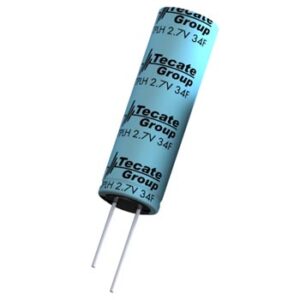 |
Buy Product | TPLH-2R7/34WR12X40 | Datasheet | 2.7 | 34 | 25 | 22 | 162 | 12.5 | 40 | 0.8 | 5.3 | - | - | - | 22.72 | 0.017 |
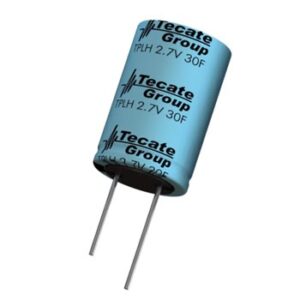 |
Buy Product | TPLH-2R7/30WR16X26 | Datasheet | 2.7 | 30 | 27 | 25 | 122 | 12.5 | 35.5 | 0.8 | 5.3 | - | - | - | 19.76 | 0.017 |
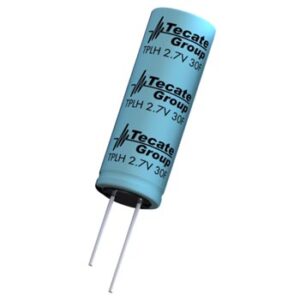 |
Buy Product | TPLH-2R7/30WR12X35 | Datasheet | 2.7 | 30 | 26 | 23 | 130 | 16 | 26 | 0.8 | 7.5 | - | - | - | 19.76 | 0.017 |
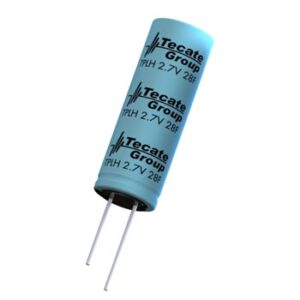 |
Buy Product | TPLH-2R7/28WR12X35 | Datasheet | 2.7 | 28 | 27 | 25 | 122 | 12.5 | 35.5 | 0.8 | 5.3 | - | - | - | 18.31 | 0.016 |
 |
Buy Product | TPLH-2R7/25WR12X35 | Datasheet | 2.7 | 25 | 33 | 27 | 96 | 12.5 | 35.5 | 0.8 | 5.3 | - | - | - | 16.46 | 0.015 |
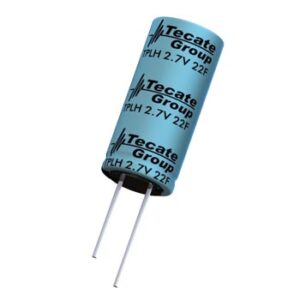 |
Buy Product | TPLH-2R7/22WR12X31 | Datasheet | 2.7 | 22 | 38 | 32 | 88 | 12.5 | 31.5 | 0.8 | 5.3 | - | - | - | 14.92 | 0.014 |
 |
Buy Product | TPLH-2R7/12WR10X30 | Datasheet | 2.7 | 12 | 66 | 36 | 48 | 10 | 30 | 0.6 | 5 | - | - | - | 8.02 | 0.0117 |
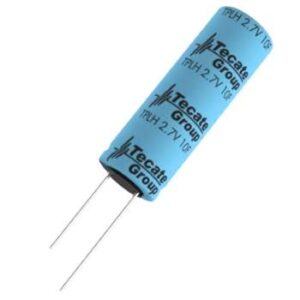 |
Buy Product | TPLH-2R7/10SR10X30 | Datasheet | 2.7 | 10 | 66 | 36 | 48 | 10 | 30 | 0.6 | 5 | - | - | - | 8.02 | 3.7 |
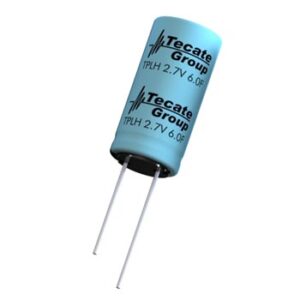 |
Buy Product | TPLH-2R7/6.0WR10X20 | Datasheet | 2.7 | 6 | 75 | 52 | 24 | 10 | 20 | 0.6 | 5 | - | - | - | 4.3 | 0.0055 |
 |
Buy Product | TPLH-2R7/4.0WR8X20 | Datasheet | 2.7 | 4 | 110 | 88 | 22 | 8 | 20 | 0.6 | 3.5 | - | - | - | 2.9 | 0.0039 |
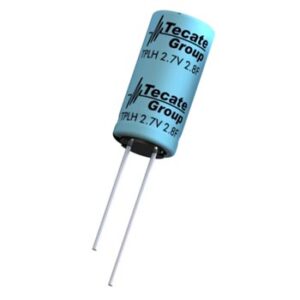 |
Buy Product | TPLH-2R7/2.8WR8X16 | Datasheet | 2.7 | 2.8 | 148 | 129 | 16 | 8 | 16 | 0.6 | 3.5 | - | - | - | 2 | 0.0036 |
 |
Buy Product | TPLH-2R7/1.5WR6X15 | Datasheet | 2.7 | 1.5 | 253 | 231 | 10 | 6.3 | 15 | 0.5 | 2.5 | - | - | - | 1.03 | 1 |
 |
Buy Product | TPL-100/22X45F | Datasheet | 2.7 | 100 | 15 | 10 | 260 | 22 | 45 | 1 | 9.5 | - | - | - | 54 | 0.05 |
 |
Buy Product | TPL-60/18X40F | Datasheet | 2.7 | 60 | 20 | 14 | 130 | 18 | 40 | 0.8 | 7.5 | - | - | - | 36.82 | 0.05 |
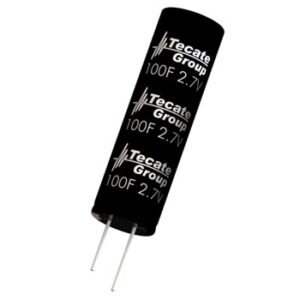 |
Buy Product | TPL-100/18X60F | Datasheet | 2.7 | 100 | 16 | 10 | 260 | 18 | 60 | 1 | 7.5 | - | - | - | 51.92 | 0.032 |
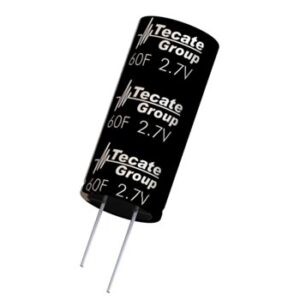 |
Buy Product | TPL-50/18X40F | Datasheet | 2.7 | 50 | 20 | 15 | 130 | 18 | 40 | 0.8 | 7.5 | - | - | - | 33.75 | 0.031 |
 |
Buy Product | TPL-40/12X46F | Datasheet | 2.7 | 40 | 29 | 19 | 70 | 12.5 | 46.5 | 0.8 | 5.3 | - | - | - | 24.41 | 0.021 |
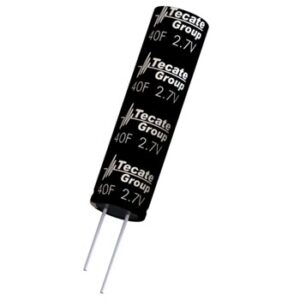 |
Buy Product | TPL-30/16X31F | Datasheet | 2.7 | 30 | 35 | 25 | 80 | 16 | 31.5 | 0.8 | 7.5 | - | - | - | 19.76 | 0.019 |
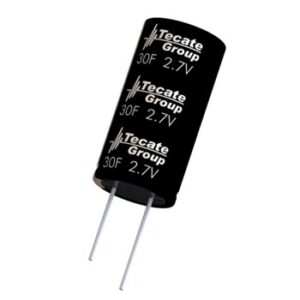 |
Buy Product | TPL-28/12X40F | Datasheet | 2.7 | 28 | 38 | 25 | 60 | 12.5 | 40 | 0.8 | 5.3 | - | - | - | 18.31 | 0.016 |
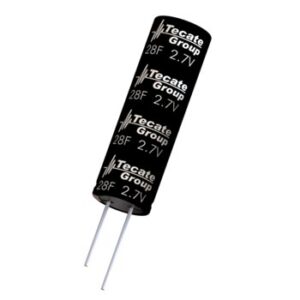 |
Buy Product | TPL-25/16X26F | Datasheet | 2.7 | 25 | 42 | 28 | 60 | 16 | 26 | 0.8 | 7.5 | - | - | - | 16.46 | 0.016 |
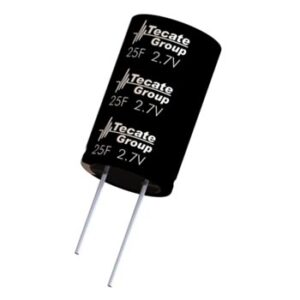 |
Buy Product | TPL-22/12X35F | Datasheet | 2.7 | 22 | 45 | 30 | 55 | 12.5 | 35.5 | 0.8 | 5.3 | - | - | - | 14.92 | 0.015 |
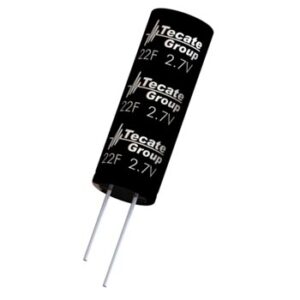 |
Buy Product | TPL-15/12X31F | Datasheet | 2.7 | 15 | 60 | 35 | 35 | 12.5 | 31.5 | 0.8 | 5.3 | - | - | - | 10.66 | 0.009 |
 |
Buy Product | TPL-11/10X30F | Datasheet | 2.7 | 11 | 85 | 60 | 30 | 10 | 30 | 0.6 | 5 | - | - | - | 7.67 | 0.0117 |
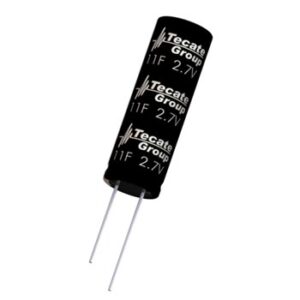 |
Buy Product | TPL-10/10X30F | Datasheet | 2.7 | 10 | 85 | 60 | 30 | 10 | 30 | 0.6 | 5 | - | - | - | 7.2 | 0.0117 |
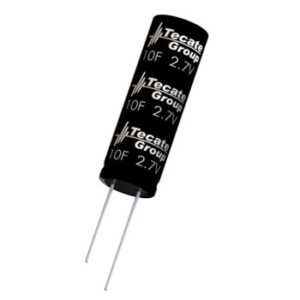 |
Buy Product | TPL-8.0/10X25F | Datasheet | 2.7 | 8 | 100 | 60 | 20 | 10 | 25 | 0.6 | 5 | - | - | - | 5.7 | 0.007 |
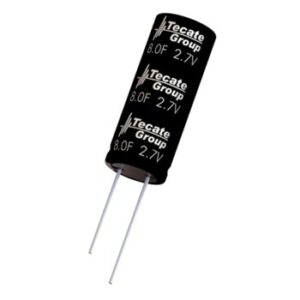 |
Buy Product | TPL-6.0/8X28F | Datasheet | 2.7 | 6 | 140 | 80 | 15 | 8 | 28 | 0.6 | 3.5 | - | - | - | 4.3 | 0.006 |
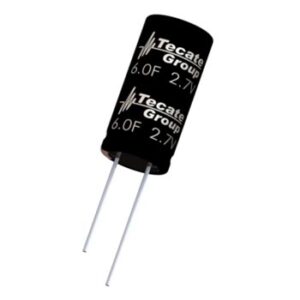 |
Buy Product | TPL-6.0/10X20F | Datasheet | 2.7 | 6 | 130 | 70 | 15 | 10 | 20 | 0.6 | 5 | - | - | - | 4.3 | 0.0055 |
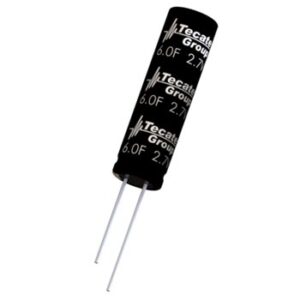 |
Buy Product | TPL-5.0/10X20F | Datasheet | 2.7 | 5 | 160 | 90 | 15 | 10 | 20 | 0.6 | 5 | - | - | - | 3.6 | 0.006 |
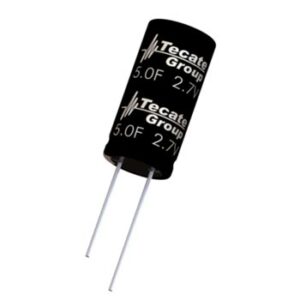 |
Buy Product | TPL-4.0/10X20F | Datasheet | 2.7 | 4 | 250 | 150 | 14 | 10 | 20 | 0.6 | 5 | - | - | - | 2.7 | 0.006 |
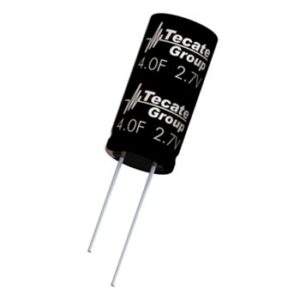 |
Buy Product | TPL-3.3/8X20F | Datasheet | 2.7 | 3.3 | 300 | 120 | 12 | 8 | 20 | 0.6 | 3.5 | - | - | - | 2.24 | 0.0034 |
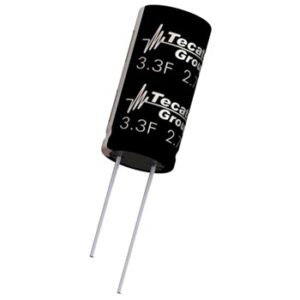 |
Buy Product | TPL-3.3/10X20F | Datasheet | 2.7 | 3.3 | 290 | 150 | 12 | 10 | 20 | 0.6 | 5 | - | - | - | 2.28 | 0.0034 |
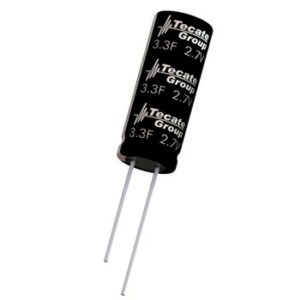 |
Buy Product | TPL-2.0/8X16F | Datasheet | 2.7 | 2 | 350 | 180 | 10 | 8 | 16 | 0.6 | 3.5 | - | - | - | 1.44 | 0.0035 |
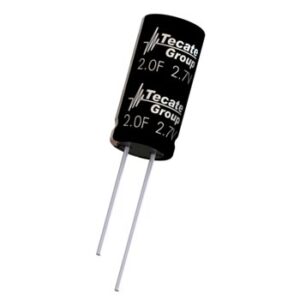 |
Buy Product | TPL-1.5/8X14F | Datasheet | 2.7 | 1.5 | 410 | 190 | 8 | 8 | 14 | 0.6 | 3.5 | - | - | - | 1.05 | 0.0038 |
 |
Buy Product | TPL-1.2/6X15F | Datasheet | 2.7 | 1.2 | 650 | 330 | 6 | 6.3 | 15 | 0.5 | 2.5 | - | - | - | 0.85 | 1 |
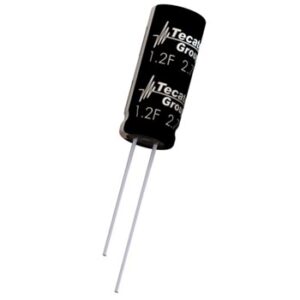 |
Buy Product | TPL-1.0/8X12F | Datasheet | 2.7 | 1 | 700 | 315 | 6 | 8 | 12 | 0.6 | 3.5 | - | - | - | 0.72 | 1.1 |
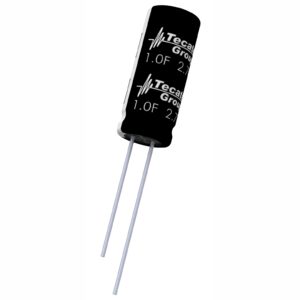 |
Buy Product | TPL-1.0/6X15F | Datasheet | 2.7 | 1 | 750 | 380 | 6 | 6.3 | 15 | 0.5 | 2.5 | - | - | - | 0.72 | 1 |
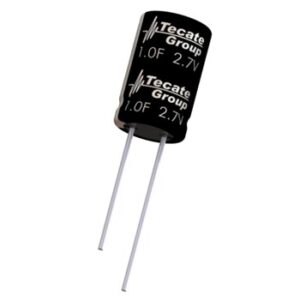 |
Buy Product | TPL-0.5/8X12F | Datasheet | 2.7 | 0.5 | 1800 | 700 | 2 | 8 | 12 | 0.6 | 3.5 | - | - | - | 0.36 | 1 |
Tecate Group's PC ultracapacitors have been in production for more than 25 years and remain popular due to their compact size and prismatic shape. The 4.8mm thickness is ideal for designs with very limited space.
Our TPL series of ultracapacitors was first introduced in 2004, making it our longest-running ultracapacitor product line. Still popular in many designs, the TPL series features 2.7V technology and uses unique electrode material as compared to our TPLH series.
Our TPLH 2.7V series of ultracapacitors includes updated electrode material that enables higher energy density and lower ESR. For this reason, many engineers are selecting the TPLH series for new designs.
Tecate Group's TPLH 3V ultracapacitors utilize our state-of-the-art, market-leading electrode technology. Selecting 3V cells for your design can enable a reduced cell count as compared to 2.7V technology.
Tecate Group's TPLH 2.7V snap-in ultracapacitors have the highest energy density technology available on the market. We currently offer 480F or 800F versions, both in 35mm-diameter cans.
Tecate Group's TPLH snap-in 3V ultracapacitor cells also feature our state-of-the-art, market-leading electrode technology. They are available in 100F, 350F, 400F, and 450F sizes.
 CAP-XX Ultracapacitors
CAP-XX UltracapacitorsTecate Group is an authorized distributor of CAP-XX thin-profile ultracapacitors. These products are ideal for space-constrained applications where a compact, high-performance energy-storage device is required.